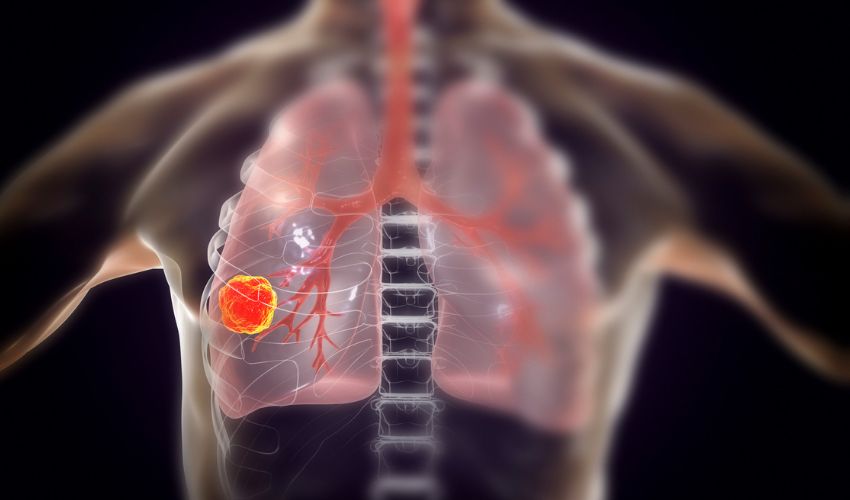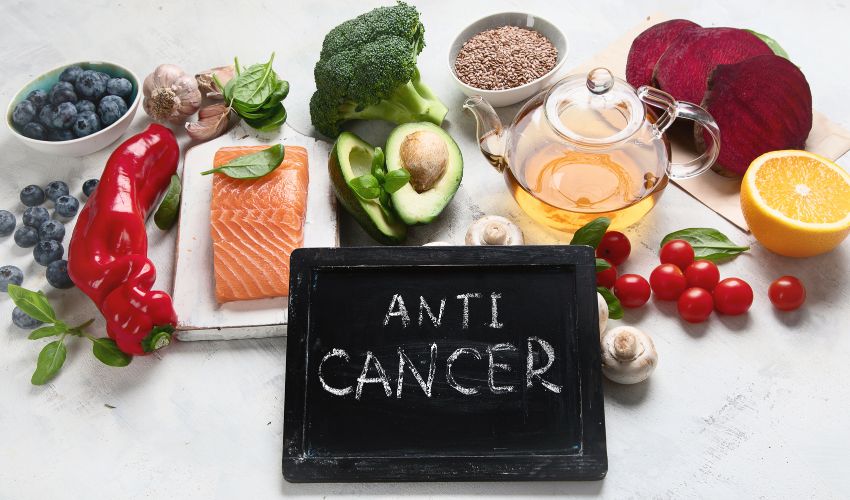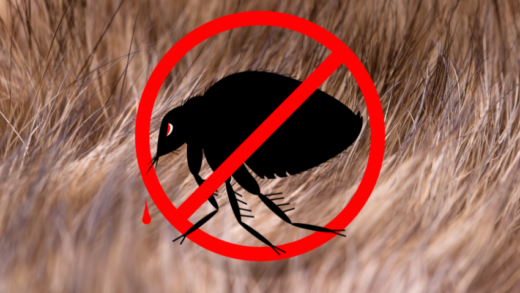Cancer is a devastating disease that affects millions of people every year. The good news is that early detection can greatly increase the chances of successful treatment and even cure. That’s why cancer screenings are so important. In this article, we’ll explore the different types of cancer screenings available, when you should get screened, and why early detection is so crucial.
Types of Cancer Screenings:
There are many different types of cancer screenings available, including:
- Breast Cancer Screenings: Mammograms are the most common screening tool for breast cancer. Women aged 50 to 74 should get screened every 2 years, and those with a family history of breast cancer may need to start screening earlier.
- Cervical Cancer Screenings: Pap tests are used to screen for cervical cancer. Women aged 25 to 74 should get screened every 3 years.
- Colorectal Cancer Screenings: Colonoscopies are the most effective way to screen for colorectal cancer. Adults aged 50 to 74 should get screened every 2 years.
- Prostate Cancer Screenings: Prostate-specific antigen (PSA) blood tests are used to screen for prostate cancer. Men aged 50 to 70 should get screened every 2 years.
- Lung Cancer Screenings: Low-dose computed tomography (LDCT) scans are used to screen for lung cancer. People aged 55 to 80 who have a history of heavy smoking should get screened annually.

When to Get Screened:
The timing of cancer screenings depends on several factors, including your age, sex, and family history of cancer. In general, it’s recommended that adults get screened for cancer at certain intervals:
- Breast Cancer: Women aged 50 to 74 should get screened every 2 years.
- Cervical Cancer: Women aged 25 to 74 should get screened every 3 years.
- Colorectal Cancer: Adults aged 50 to 74 should get screened every 2 years.
- Prostate Cancer: Men aged 50 to 70 should get screened every 2 years.
- Lung Cancer: People aged 55 to 80 who have a history of heavy smoking should get screened annually.
Frequently Asked Questions:
Are cancer screenings painful?
Most cancer screenings are not painful. Some may be slightly uncomfortable, but they are generally well-tolerated.
Can cancer screenings detect all types of cancer?
No, not all types of cancer can be detected through screening. However, screenings can detect many common types of cancer, including breast, cervical, colorectal, prostate, and lung cancer.
Do I need to get screened for cancer if I don’t have any symptoms?
Yes, it’s important to get screened for cancer even if you don’t have any symptoms. Many types of cancer don’t cause symptoms until they have progressed to a more advanced stage, making them more difficult to treat.
What should I do if I receive an abnormal screening result?
If you receive an abnormal screening result, your healthcare provider may recommend additional testing or further evaluation to determine if cancer is present.
How can I reduce my risk of developing cancer?
You can reduce your risk of developing cancer by maintaining a healthy lifestyle, avoiding tobacco and excessive alcohol consumption, protecting your skin from the sun, and getting vaccinated against certain types of cancer, such as HPV.

Conclusion:
Cancer screenings are an important tool for detecting cancer early and increasing the chances of successful treatment and even cure. By getting screened at the recommended intervals, you can catch cancer before it has a chance to progress, giving you the best possible outcome. It’s important to talk to your healthcare provider about which cancer screenings are right for you based on your age, sex, and family history of cancer. Don’t wait until you have symptoms to get screened for cancer. Remember, catching cancer early saves lives. Make cancer screenings a priority for your health and well-being.
Additionally, it’s important to note that cancer screenings are not only beneficial for the individual, but also for society as a whole. Early detection and treatment can prevent cancer from spreading and reduce the overall burden of cancer on healthcare systems. Regular cancer screenings are a proactive step you can take towards maintaining your health and preventing cancer.
It’s also worth mentioning that while cancer screenings are important, they are not a substitute for a healthy lifestyle. Maintaining a healthy diet, staying physically active, and avoiding tobacco and excessive alcohol consumption are all important factors in reducing your risk of developing cancer. Incorporating these habits into your daily life can not only reduce your cancer risk, but also improve your overall health and well-being.
In conclusion, cancer screenings are a vital component of early cancer detection and treatment. By getting screened at the recommended intervals, you can catch cancer early and increase your chances of successful treatment. Talk to your healthcare provider about which cancer screenings are right for you, and make cancer screenings a priority for your health and well-being. Remember, catching cancer early saves lives.






















